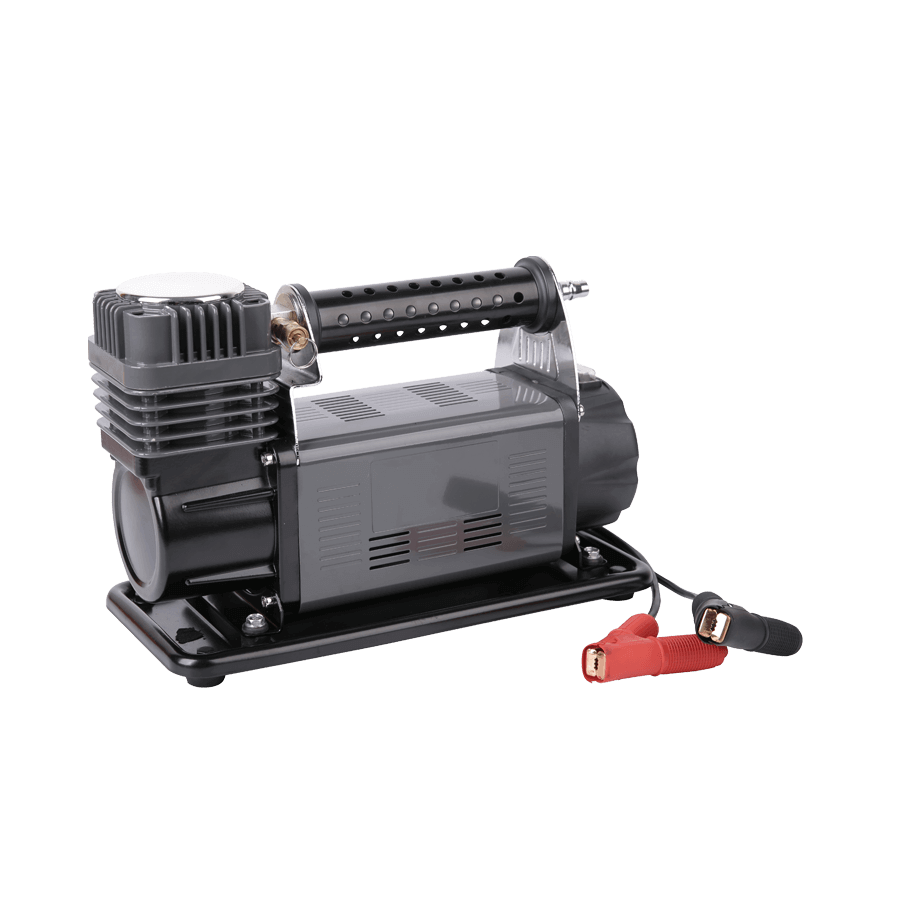The base oil of compressor oil can be divided into two categories: mineral oil type and synthetic oil type. The production of mineral oil compressor oil is generally obtained by solvent refining, solvent dewaxing, hydrogenation or clay supplement refining to obtain the base oil, and then add a variety of additives to blend.

The base oil of compressor oil generally accounts for more than 95% of the product oil. Therefore, the quality of the base oil is directly related to the quality of the compressor oil product oil, and the quality of the base oil is directly related to the depth of refining. The base oil with deep refined depth has less heavy aromatics and gum content. Low carbon residue results in better susceptibility to antioxidants and high quality base oil. It has a low tendency to deposit carbon in the compressor system, has good oil-water separation, and has a relatively long service life.
Synthetic oil base oil is a lubricating oil made from organic liquid base oil obtained by chemical synthesis and then blending or adding various additives. Most of its base oils are polymers or high-molecular organic compounds. There are many types of synthetic oils. The synthetic oils used as compressor oils mainly include synthetic hydrocarbons (poly-α-olefins), organic esters (diester), polyalkylene glycols, fluorosilicone oils, and phosphate esters. The price of synthetic oil type compressor oil is much more expensive than that of mineral oil type compressor oil, but the comprehensive economic benefits of synthetic oil still exceed that of ordinary mineral oil. It has oxidation stability, low carbon deposition tendency, can be lubricated beyond the temperature range of ordinary mineral oil, has a long service life, and can meet the requirements of use that ordinary mineral oil compressor oil cannot withstand.
2. The base oil fraction should be narrow
Research on the working conditions of compressor oil believes that improving the composition of base oil is a key factor in improving the quality of compressor oil. After the compressor oil blended with light and heavy components is injected into the compressor cylinder, the light component in it leaves the working part early due to excessive volatility and affects the lubrication effect, while the heavy component in it is poor due to poor volatility. After the work task, you cannot leave the work area quickly, and carbon deposits are easily formed under the action of heat and oxygen for a long time. Therefore, under such working conditions, the lubricating oil should use narrow-fraction component oils, and should not use multiple-fraction mixed component oils.
No. 19 compressor oil is prepared with a wide distillate oil containing a large amount of residue components, and the amount of carbon deposits in the compressor is relatively large in use. Therefore, to improve the quality of compressor oil, the residue components in No. 19 compressor oil should be removed, and narrow-cut base oil should be selected.
3. The viscosity should be appropriate
Under the condition of dynamic lubrication, the thickness of the oil film increases with the viscosity of the oil, but the friction force also increases with the viscosity of the oil. Lubricating oil with too low viscosity is not easy to form a strong enough oil film, which will accelerate wear and shorten the service life of parts. Conversely, if the viscosity of the lubricating oil is too high, it will increase the internal friction and increase the specific power of the compressor, which will increase the power consumption and fuel consumption. It will also be in the piston ring groove, on the valve, in the exhaust passage, etc. Formation of deposits. Therefore, choosing the right viscosity is the primary issue for the correct selection of compressor oil. Xi’an Jiaotong University has proved through experiments that the same test conditions are used on the same type of compressor, and the specific power of the compressor can be reduced by up to about 10% by using lower-viscosity grade oil than using high-viscosity grade oil. There was no significant difference in the amount of wear. Therefore, under the premise of ensuring lubrication, choosing oils with suitable viscosity grades has a very important impact on energy saving and reliable operation of the compressor.

 English
English Chinese
Chinese












